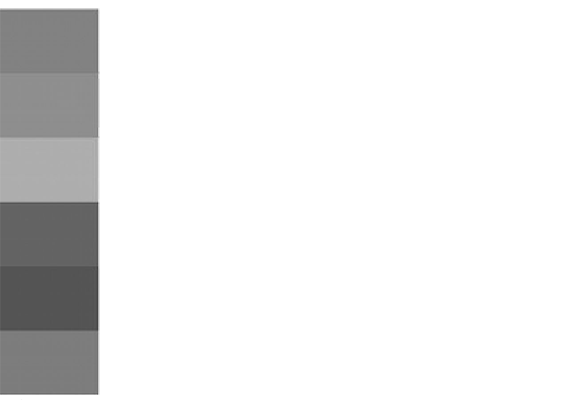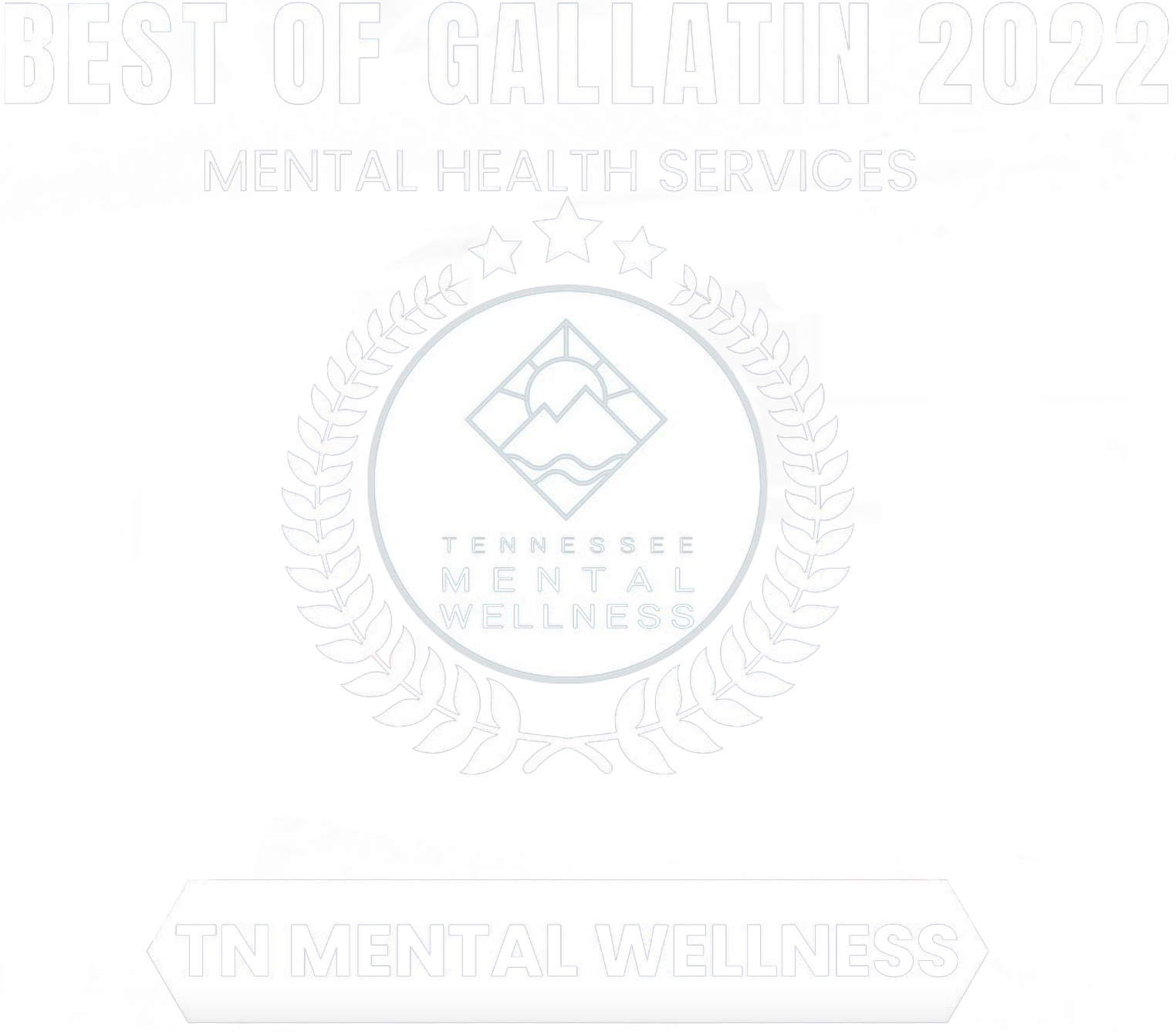Is Counseling Right For Your Teen?

As a parent of three teenagers, I understand the turmoil of parenting kids in this stage of life.
 Adolescence is a time for our teens to learn about themselves. Their likes, dislikes, abilities, and talents, who they are in relationships, what their limits are, and how they respond in different situations. Especially with fewer limits than they had when they were children. As parents, we want to give our children more freedom to explore themselves and their lives. But, that doesn’t come easily. Many of us worry, sometimes too much, about our teens’ well-being. Is my teen safe? Are they making good choices? Are they happy? Is my teen receiving fair treatment from their teachers, coaches, and peers? Are they kind to others? Are they learning all the lessons we’ve hoped to teach them?
Adolescence is a time for our teens to learn about themselves. Their likes, dislikes, abilities, and talents, who they are in relationships, what their limits are, and how they respond in different situations. Especially with fewer limits than they had when they were children. As parents, we want to give our children more freedom to explore themselves and their lives. But, that doesn’t come easily. Many of us worry, sometimes too much, about our teens’ well-being. Is my teen safe? Are they making good choices? Are they happy? Is my teen receiving fair treatment from their teachers, coaches, and peers? Are they kind to others? Are they learning all the lessons we’ve hoped to teach them?
If your teen seems to be struggling, it can be hard to know if these are “normal” teenage ups and downs. Or, if they are experiencing deeper underlying emotional or relationship issues.
How do you know if your teen could benefit from teenage counseling?
A question I often get asked by parents is – how do I know if and when it’s time for my teen to attend teenage counseling? Here is a general rule of thumb to know if your teen (or you, as their parent) could benefit from therapy. When emotions, actions, or relationships are getting in the way of living the kind of life you want to be living, your teen (or you) could benefit from therapy.
Signs that therapy can be helpful for you:
- Something in your life is causing worry or distress or getting in the way of living the life you want to live.
- I don’t feel good about where my life is going
- Things don’t feel good to me, or that I’m confused about
- I feel worried all the time
- I’m angry all the time
- I’m having thoughts about things that have happened, or worried about things that might happen.
- Things are difficult at home
 Reasons teens might attend teenage counseling:
Reasons teens might attend teenage counseling:
- Anxiety
- Depression
- Worrying a lot
- Difficult or traumatic experiences
- Drug or alcohol use
- Decisions about future choices
- Relationships (romantic, bullying, family, gender identity, who you love or who you are attracted to).
Types of therapy we use when working with teens:
CBT
Cognitive Behavioral Therapy (CBT) is based on the idea that there is a clear link between thoughts, behaviors, and feelings. For example, a teen who thinks they are socially awkward may then experience anxiety and avoid social interactions. CBT works by helping teens learn to identify their automatic negative thoughts. Then, it helps replace them with helpful, realistic ones. CBT helps teens learn how to interpret their environment in different ways, and is a short-term treatment. This approach focuses on the problem. This means it deals with issues in the present, or helps the teen with problems going on now. Past trauma or very stressful experiences are not dealt with in CBT. So, this is a very effective treatment for current problems such as:
- Stress
- Communication
- Self-esteem
- Addictive or self-destructive behaviors
- Anxieties and fears
REBT
Rational Emotive Behavioral Therapy (RBT) is a form of CBT. It involves the same principles as CBT. But, with the addition of action-oriented approaches to help not only cope with adversity and difficult emotions but also to achieve the teens’ goals. RBT addresses attitudes, unhealthy emotions, and maladaptive behaviors that get in the way of the teen achieving his or her goals. This can often include procrastination, unhealthy eating, and addiction.
ACT
Acceptance and Commitment Therapy (ACT) is an approach that is helpful for teens who are struggling with emotional challenges. ACT helps teens learn to identify, understand, and accept their emotions without judgment. By doing so, to improve psychological flexibility. This skill helps teens regulate their emotions and overcome negative self-talk.
 IPT
IPT
Interpersonal Therapy (IPT) is based on the idea that improving relationships can help relieve symptoms of depression. It helps with difficulties in relationships by addressing problems with loneliness, grief, trauma, transitions, and unhelpful relationships. IPT helps teens relieve the distress they feel. It is shown to be an effective treatment for depression among adolescents.
Begin Teenage Counseling in Gallatin, TN
-
Meet with a caring therapist
-
Start receiving the support you and your teen deserve










LEAVE A COMMENT